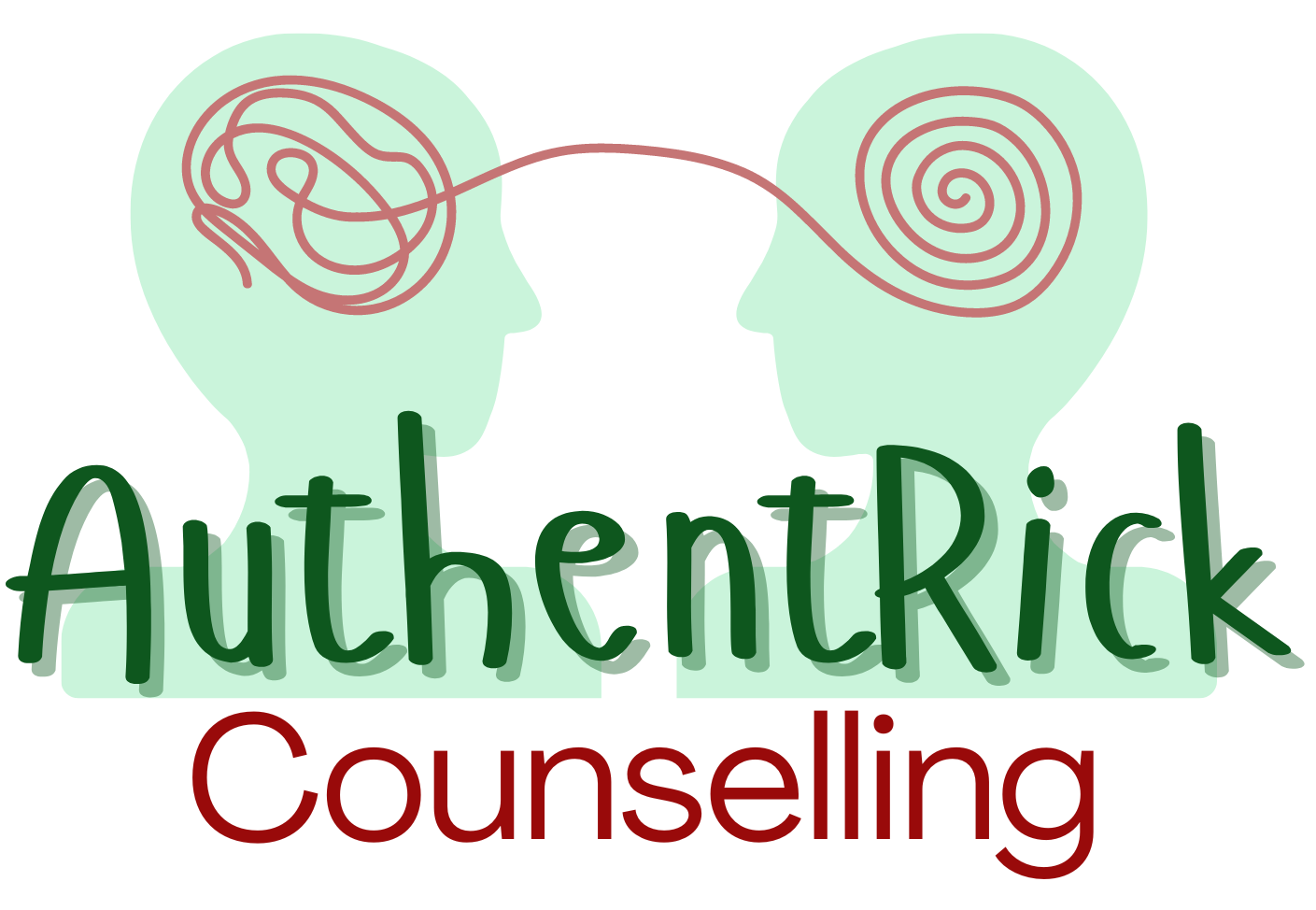The Therapist Poetry Podcast
Subscribe to our YouTube
Ricky:
Hello, David, and welcome to Healing Through Poetry. If you could just tell us a little bit about yourself and some background to the poem that you’re going to read, that would be great.
David:
Yeah, no worries. So, I’m a person-centered therapist. I’m also a crisis worker, a mental health crisis worker. This poem, I wrote about 10 years ago, is in relation to someone I worked with who had died, and there was a bit of a mystery over how they died. I guess it just got stuck in my brain, how I think they died. This poem really helped me put a circle around it and start to process it, to be honest. And, yeah, that’s it.
Ricky:
Okay, you said that you’ve got something in your mind about how you thought they died?
David:
Yeah, I’m pretty sure they died by suicide, based on how they talked about it. They didn’t actually say explicitly, but the way they talked about death… Yeah, I mean, I suppose I don’t know 100% certain, but I’m pretty sure that was the case. And that just set me off reflecting—could I have done something differently? Would anything have changed? That kind of thing. And, yeah, this poem helped me just kind of articulate those thoughts and feelings really well.
Ricky:
I’m going to hand it over to you to share your poem.
David:
Yeah, no worries.
It’s called Abrupt.
David (reading the poem):
It wasn’t my fault.
I didn’t know him that well,
though I could have known him better.
That’s what I can’t put to bed,
what I just can’t get out of my head.
There’s two sides warring over this stuff.
One side says, “Fuck it, you barely knew him. Stop being so rough.”
The other side responds, “That’s not the truth, though, is it, mate?
The truth is, you didn’t know him enough.”
We were colleagues,
and we played football and a few times squashed together.
Conversation would stick to the weather,
football, work, such and such.
And it did recently occur to me
that he never really talked about himself that much,
and I did think that maybe I should ask him out for a drink.
And now I ruminate on how we could have got to know each other.
I could have become a mate, a confidant, a friend,
and I could ruminate until I’m at my wits’ end
about how it was just a passing thought,
and I didn’t bother asking him in the end.
Back and forth again in my head,
one side says, “No, this is bigger than you.”
The other replies, “But on the other hand,
maybe all he needed was someone to turn to.”
The most harrowing thing is that many people in dark times
have stepped onto that path.
The difference is that he saw it out,
whereas most turned back.
And now he’s stained everyone he knew with a line of questioning:
Was there anything I could do? Could I have done anything?
And there’s no ultimate answer, as far as I can see,
just a vacuum where a conclusion ought to be.
Ricky:
Thank you. Thank you for sharing that. That resonated with me a bit because there’s, in my work with the Road Victims Trust, that often there are deaths involved. And one thing that comes up— I like the way you worded it, actually—the “line of questioning,” and it’s that self-blame, the “what ifs,” “what could I have done?” that comes up.
David:
Yeah, yeah. I mean, I hardly knew him, really. We played football, we played squash once or twice, and it really hit me… just that line of questioning, like, “Could I have done anything at all?” And it’s so true, that back and forth. Like, part of me is like, “You hardly knew him; you weren’t that big a part in his life.” But then, it’s like, “Well, actually, maybe I could have done something, you know?” And that poem, it was just going round and round in my head, and I think that poem just helped me step back from that kind of cycle a little bit.
Ricky:
Yeah. Well, thank you so much for coming on and sharing your poem. I’m sure that’s going to help so many people who have been in a similar situation to you and felt the way that you feel, because there are a lot of common themes in how other people feel in those situations, while grieving. So, thank you so much for coming on and sharing that.
David:
You’re more than welcome, mate. I hope it helps someone.
Ricky:
Yeah, I’m sure it will. Thank you very much, and we’ll see you later.
David:
You too.
